Take China Seriously, Not Literally

By Mark Hannah, Senior Fellow
This article appeared in The Hill on May 31, 2020. It includes references to the Eurasia Group Foundation, now known as the Institute for Global Affairs.
Some in America’s national security establishment is fearfully trying to stoke public anxiety about China. Exasperated with unsuccessful wars against stateless terrorists, Washington now seems to think China will be the thing that concentrates US foreign policy. Well before the coronavirus outbreak, the Obama administration sought, however fruitlessly, to “pivot to Asia.” In his first year in office, President Trump released a National Security Strategy, which rebranded China as a revisionist power actively trying to “erode American security and prosperity.”
As mutual recriminations play out amid the coronavirus pandemic and a new wave of pro-democracy protests in Hong Kong, a new generation of would-be cold warriors believes their moment has arrived. In making their case to get tough on China, they cite the words of Chinese officials as evidence of ill will. Michael Pillsbury, partly the inspiration for President Trump’s more confrontational approach to China, pointed to a book by a Chinese colonel about the “post-American era” and “duel of the century.” One analyst claims the Chinese have persuaded Americans they are locked in such a duel — though a national survey by my organization, the Institute for Global Affairs, finds little such concern among the public.
The 2020 presidential candidates now compete for who would be tougher on China. A Trump ad claims, “Biden protected China’s feelings.” A Biden ad retorts, “Trump rolled over for the Chinese.” Toughness by itself is neither a strategy nor a policy and it’s unclear what goals are being advanced by these rebukes. Especially when China finds it necessary to denigrate the US in turn, calling US criticism “lunacy” and one of its chief critics, Secretary of State Mike Pompeo, an “evil politician.” This verbal escalation only emboldens China hawks, and we are now careening toward a dangerous cycle.
When assessing a foreign government which has little culture of — or incentive for — transparency, American politicians would be wise to realize talk is cheap, and often misleading. International relations scholars and China experts have supplied ample evidence to indicate China’s assertive rhetoric frequently deviates from the country’s true intentions. Chinese Communist Party (CCP) propaganda is less an expression of the Chinese government’s foreign policy and more a grasping attempt to gin up support among and save face with the Chinese people.
…
Read more of Mark’s article in The Hill

Written by Mark Hannah
Mark is a senior fellow with the Independent America project at the Institute for Global Affairs and the host of of IGA’s podcast, None Of The Above.
Read more from Mark
This post is part of Independent America, a research program led out by Jonathan Guyer, which seeks to explore how US foreign policy could better be tailored to new global realities and to the preferences of American voters.
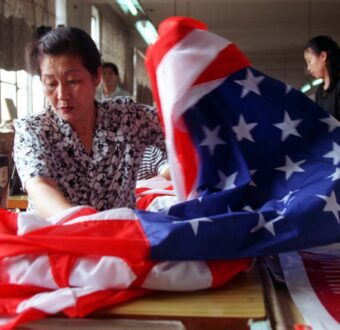


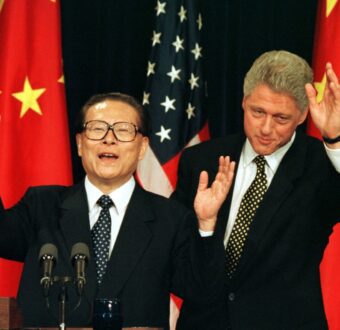
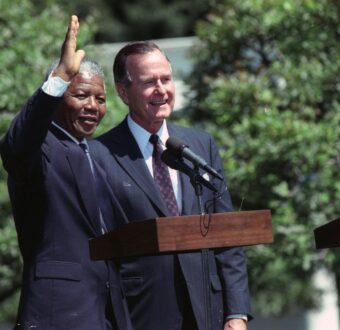
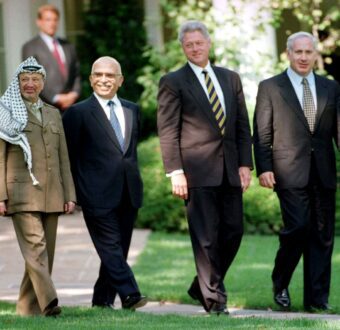
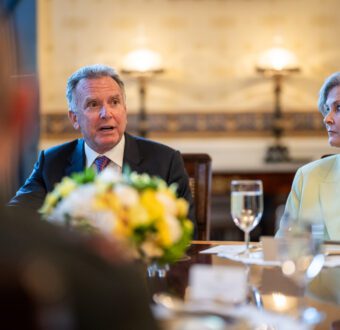
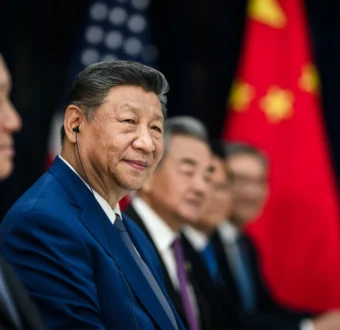
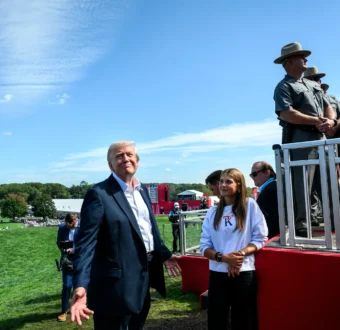



The UN Doesn’t Get Credit for the Lives It Saves